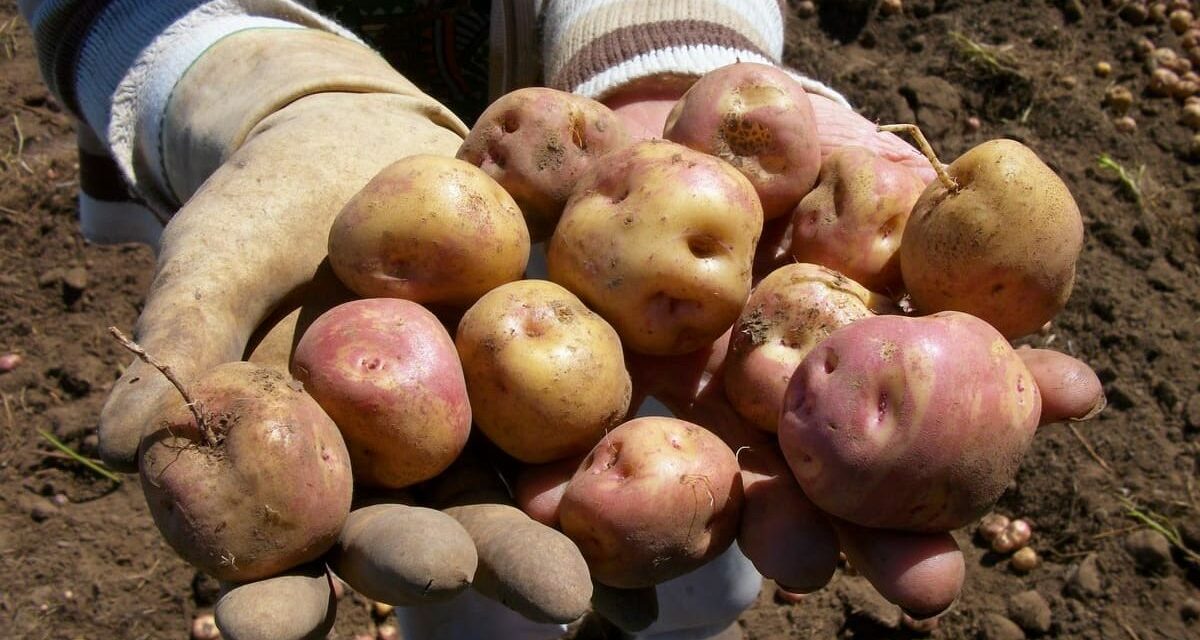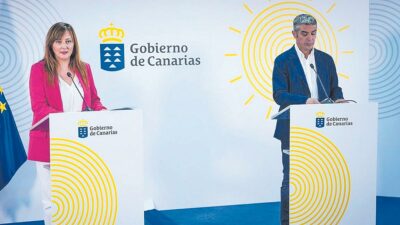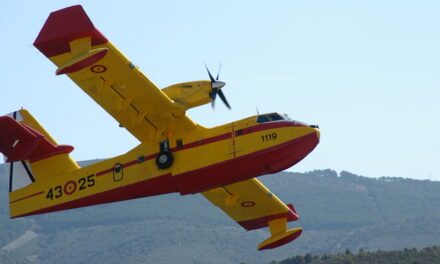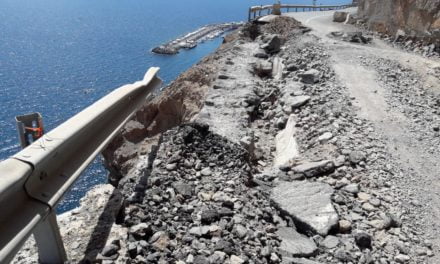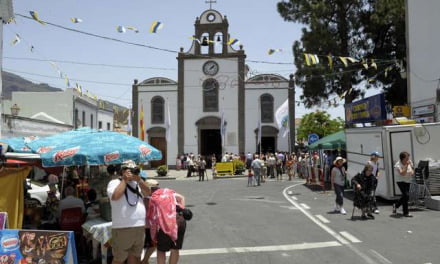Right now the Colorado beetle plague, which forced the commercial flow of this product from the United Kingdom to be interrupted, has been controlled, but it is not eradicated. Following Monday’s Government Council meeting, Minister of Agriculture, Narvay Quintero stressed that when the risk is over, the Ministry of Agriculture, which has jurisdiction, will lift the phytosanitary restrictions. The Canary Islands are set to see the return of potato imports from the United Kingdom after experiencing weeks of local market stress. High prices and concerns over locally available potatoes had been plaguing consumers, throughout August and September. The prices for white potato varieties soared by up to 60% to above €4/kilogram.
A strain on local potato supply had resulted from two significant factors:
- A phytosanitary ban on UK potato imports due to the detection of two confirmed cases of Colorado potato beetle in England (their first since the 70s).
- A dismal harvest of early potatoes in the Canary Islands, saw less than half of the usual yield. Typically, the region gathers more than 40 million kilos of potatoes.
Given that the Canary Islands rely on imports for upwards of half their annual demand, these developments ran the risk of severely impacting the local potato market. The Island President, Antonio Morales, was quick to point out, however, that Gran Canaria never did reach a situation of low supplies.
The primary concern was not so much a shortage of potatoes, per se, as a large proportion of these imports come from Israel and Egypt, but there were distinct concerns over the planting of new crops as seed potatoes for certain varieties at this time of year traditionally come from England, ready for planting by November. Coupled with low yield harvests the danger was that this could lead to shortages in coming seasons.
Spain’s Ministry of Agriculture, Fisheries, and Food (MAPA) last week gave the green light to resume these crucial imports. According to official document Instruction 3/2023, validated on September 20, 2023, Spain’s Plant Health authorities have authorised the resumption of not just consumption potatoes but also seed potatoes from the UK.
This move is key for the upcoming late, extra-early, and early 2024 harvests in the Canary Islands. Crops here can be planted all through the year and so farmers depend on the various seasonal varieties for the domestic as well as export markets.
Safety Measures
The resumption comes with stringent phytosanitary controls. Every shipment will undergo thorough examination at border checkpoints to ensure maximum sanitary control. The conditions for resumption align with specific guidelines set forth by the Agriculture Ministry of the Canary Islands Government.
The reinforcement rules to prevent the insect from landing in the Archipelago have not gone down well with British producers, who will have to apply new labeling and packaging instructions to tubers. This issue could have a direct impact on prices, causing them to remain high. Although the Regional Minister for Agriculture calmed the waters yesterday by emphasizing that the United Kingdom Government has complied with the required measures and has confirmed that they will continue to comply with them, as well as that these were agreed upon together with the farmers and will be provisional until the situation normalises.
He acknowledged that the controls may bring some “complications” , but stressed that they are the only way to save the next local season for the Canary Islands region, where 90% of seed potatoes at this time of year come from Great Britain, to ensure supply for consumption.
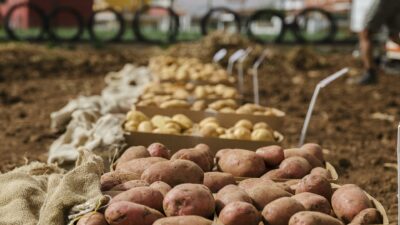
Implications
The decision alleviates a somewhat dramatic situation in the Canary Islands, which has seen staples of the Canarian diet removed from restaurant menus, with a resumption of expected supplies providing relief to local farmers who now have access to seed potatoes for future crops in the 2023-24 growing season.
The resumed imports from the UK end a period of perceived local market scarcity and will offer a significant relief to both consumers and local farmers on the Islands.
Until the beetle disappears from all crops in the United Kingdom , especially from the county of Kent where it was detected at the end of August, potatoes from that country, to be sold in island markets and supermarkets, must undergo a new cleaning procedure, brushing or washing to remove all traces of dirt and potentially harmful organisms. The acceptable percentage of soil has been marked at 0.5%.
Labelling must now include, in addition to the potato’s own data that was already included – the species, farmer code, variety, size and packaging date -, traceability that also allows the production area to be identified, including the plot.
Maximum 25 kilos
British planting tubers must be bagged in new bags, with a maximum capacity of 25 kilos , sealed and labeled in facilities authorised for this purpose. In addition, they must guarantee health and respect the official control of the phytosanitary authorities.
Meanwhile, consumer potatoes may be imported in containers of a maximum of 1.5 tons, which must also be sealed and labeled in the authorised facilities. And to verify that all of the above is fulfilled, 100% of shipments will be inspected.
The lifting of restrictions on the import of English potatoes was announced last Saturday, after a month of restrictions in force, which will still remain on any produce from Kent and its surroundings because this was identified as ground zero for the infestation.
The president of Adipa (Gran Canaria Potato Distributors Association), Juan Luis Pulido, has reassured the public that by October 15, when seasonal commercial prices are due to be announced, they will have already dropped to levels prior to the market closing due to the presence of the insects, having skyrocketed this last month and it will no longer be necessary to limit amounts purchased per customer, as has been seen in some supermarkets.

